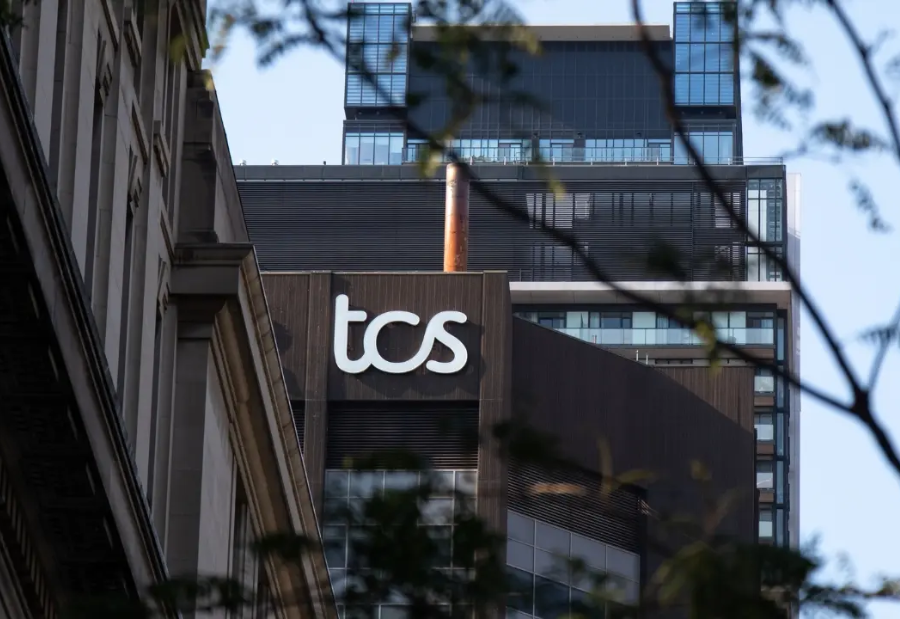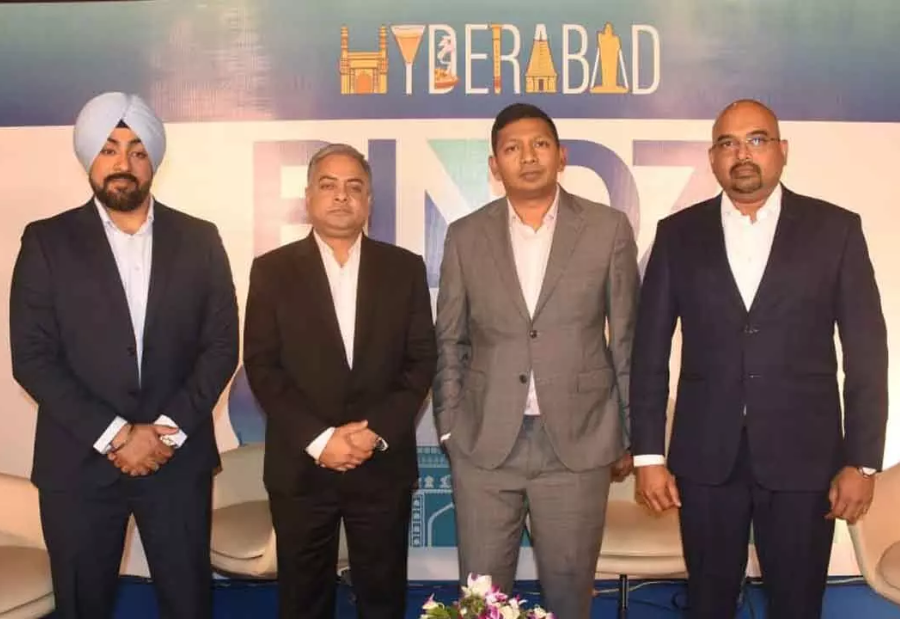India is placing its bet on quantum technology to fuel its next generation of defense capabilities, from encrypted communication networks to GPS-free navigation systems, while drones, hypersonic missiles, and satellite surveillance characterize the current landscape of defense technology.
Fundamentally, quantum technology facilitates unbreakable communication and exponentially faster computing, making it an essential component of contemporary military strategy. Billions of dollars are being spent on it’s research by nations like the US and China. With a budget of ₹6,003 crore for the National Quantum Mission (NQM) in 2023, India has also made early moves to advance quantum technology.
“Quantum is unhackable, unbreakable, and it gives you extreme speed,” said Sanjay Chittore, Founder and CEO of Quantum AI, who has a centre of excellence-Qulabs. “It’s not just about technology. It’s physics, electronics, and computing, all coming together to offer strategic superiority.”
The development of this technology is being pursued by a number of Indian start-ups. Quantum AI, a Hyderabad-based company that runs its Center of Excellence under the moniker Qulabs, is developing Quantum Key Distribution (QKD), a communication technique that is so safe that not even it’s computers can crack it. Quantum-safe communication networks are made possible by the distribution of these keys via satellites, wireless networks, or ground-based fiber.
Another Hyderabad-based quantum sensing business, QuBeats, recently won the ADITI 2.0 Defence Challenge and received ₹25 crore in government financing. For the Indian Navy, they are creating a Quantum Positioning System (QPS) that functions even in the event that GPS is blocked or interfered with.“We exploit fundamental properties of atoms, like spin or magnetism, to measure magnetic fields with high sensitivity,” said co-founder Mallikarjun Karra, a PhD candidate at the Max Planck Society. “Using these measurements and advanced map-matching, we can navigate even in GPS-blind zones like deep seas or bunkers.
A long road to commercialisation
India’s quantum ecosystem is still in its infancy despite these developments, especially in terms of funding and commercialization. The NQM, which was authorized in 2023 with a ₹6,003 crore budget, intends to construct sensors, secure communication networks, and quantum computers. However, an individual RTI answer states that just ₹17 crore has been paid out thus far.
According to Chittore, China has allegedly spent almost $14 billion on its quantum environment.
The 2020 Budget, which allocated ₹8,000 crore for the National Mission on Quantum Technologies and Applications (NM-QTA) over five years, marked the beginning of India’s previous drive for quantum. Later, with a revised budget of ₹6,003.65 crore distributed over eight years, that plan was renamed and scaled into the current NQM.
Applications of it’s communication are now mostly restricted to critical infrastructure, government, and defense, and commercial adoption has not yet taken off. However, Chittore clarified that the potential is vast. Applications in the fields of healthcare, fintech, logistics, and space technology will proliferate once the commercial sector opens, according to Chittore. However, our current priorities include collaborating with DRDO, NPCI, and other government agencies.
Businesses chosen under the NQM, such as QpiAI, operate in fields other than defense. They create AI systems driven by it’s technology for a variety of applications, including industrial automation, healthcare, and space. Founder Nagendra Nagaraja stated, “Our goal is to discover the most optimal AI systems and deploy them at the speed of light”. The majority of QpiAI’s income comes from foreign clients; its projects include smart cities in Saudi Arabia, pharmaceutical companies in the US, and major French cosmetics companies.
India’s quantum leap is still developing
India has achieved significant progress. IIT Delhi researchers showed off it’s entanglement-based secure communication across a one-kilometer distance in June 2025. Rajnath Singh, India’s minister of defense, praised it as a “landmark achievement” that represents the country’s first practical step toward a future quantum internet. But there are still issues facing the ecology.
“Quantum is evolving at a very drastic pace,” said Chittore, Founder of Qulabs. “But how many companies can productise quantum, and true leadership comes from this, he concluded.
Also read: Viksit Workforce for a Viksit Bharat
Do Follow: The Mainstream formerly known as CIO News LinkedIn Account | The Mainstream formerly known as CIO News Facebook | The Mainstream formerly known as CIO News Youtube | The Mainstream formerly known as CIO News Twitter |The Mainstream formerly known as CIO News Whatsapp Channel | The Mainstream formerly known as CIO News Instagram
About us:
The Mainstream formerly known as CIO News is a premier platform dedicated to delivering latest news, updates, and insights from the tech industry. With its strong foundation of intellectual property and thought leadership, the platform is well-positioned to stay ahead of the curve and lead conversations about how technology shapes our world. From its early days as CIO News to its rebranding as The Mainstream on November 28, 2024, it has been expanding its global reach, targeting key markets in the Middle East & Africa, ASEAN, the USA, and the UK. The Mainstream is a vision to put technology at the center of every conversation, inspiring professionals and organizations to embrace the future of tech.




